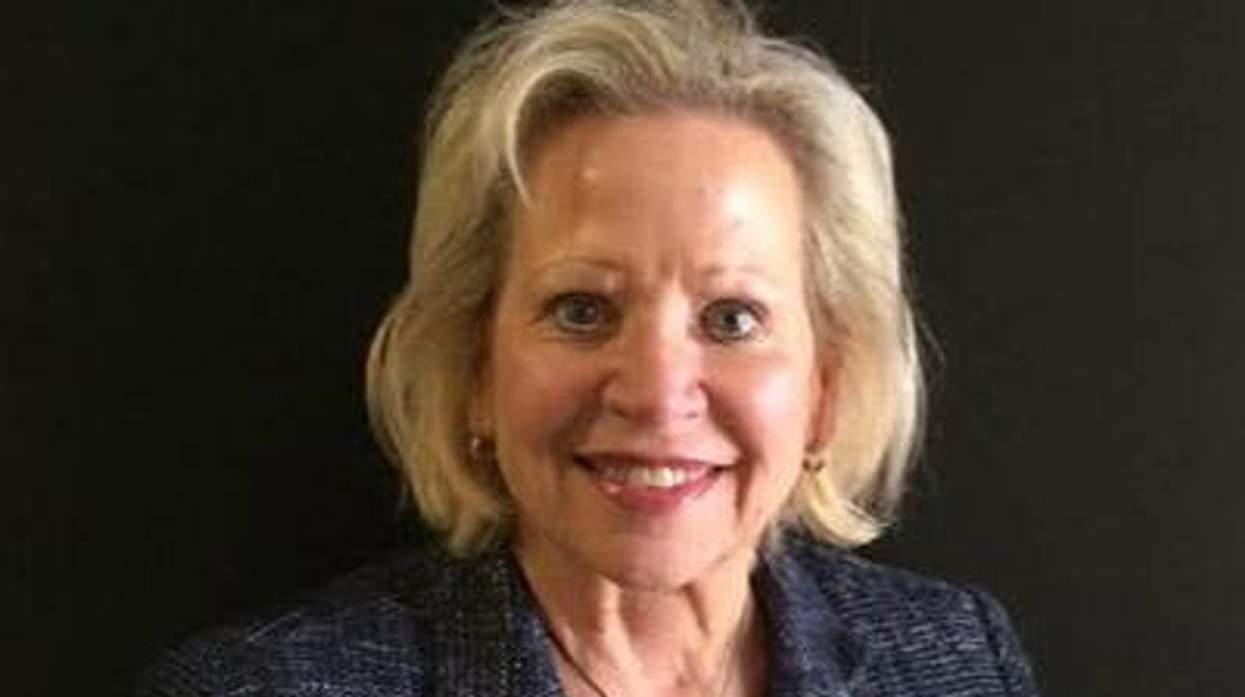A controversial Nevada bill that aims to restrict transgender students' access to the restrooms and locker rooms that correspond with their gender passed its first legislative hurdle Friday, reports the Reno-Gazette Journal.
Friday's vote on Assembly Bill 375 in the Assembly Judiciary Committee split on party lines, with all Democrats on the Republican-dominated committee opposing the law's advancement. The bill, which was originally introduced in early March by Republican assemblywoman Vicki Dooling, now moves on to the full Assembly.
If it became law, AB 375 would define a student's "sex" as "the biological condition of being male or female as determined at birth based on physical differences or, if necessary, at the chromosal level." The law would then require that this definition determine which sex-segregated facilities a student could use, or else provide trans students a unisex bathroom or separate stall. AB 375 also proposes limits to Nevada's sex education programs, restricting the ages of students who can take the courses, who can teach the curriculum, and forbidding "explicit depictions of sexual activity."
Nevada's AB 375 followed on the heels of similar laws targeting trans students proposed in Texas, Minnesota, and Kentucky (the latter of which recently failed), as well as laws proposed in Florida, Texas, and Missouri that would bar trans citizens from using bathrooms that accord with their gender identities in public spaces. Florida's transphobic legislation, House Bill 583 has passed two subcommittee votes in the House.
Responding to these bills, trans advocates nationwide have pointed out that separate facilities stigmatize trans youth, while defining a bathroom user's gender solely on anatomy -- including the impractical approach of checking chromosomes -- fails to achieve the bills' commonly stated purpose of protecting student safety and privacy. In such scenarios, trans students could easily find their own privacy violated, while research has shown that it is trans people who are far more likely to face physical or verbal violence in a restroom, as compared to their cisgender (nontrans) peers.
Activists in Canada and the U.S. are currently working to steer such conversations away from fear-mongering images of trans people as predators, and back to the reasons why trans people use restrooms and locker rooms: for the same reasons as everyone else. Many have begun taking selfie pictures in public bathrooms that do not match their gender identity -- the facilities they would be required to use if these bills became law -- using the viral hashtag #WeJustNeedToPee to illustrate the absurdity of the proposals.
Opponents of Nevada's AB 375 have pointed out that the law, if passed, would likely be a violation of Title VII of the Civil Rights Act of 1964. In December, the Department of Justice clarified that discrimination against citizens based on gender identity violates Title VII's provision prohibiting "sex discrimination."
"The bill is proposed by nothing but hate and unjustified fear," Brock Maylath, president and cofounder of Reno's Transgender Allies Group, explained to the Gazette. "Separate is not equal. I thought we'd covered that in the civil rights [movement] in the 1960s."




































































Charlie Kirk DID say stoning gay people was the 'perfect law' — and these other heinous quotes